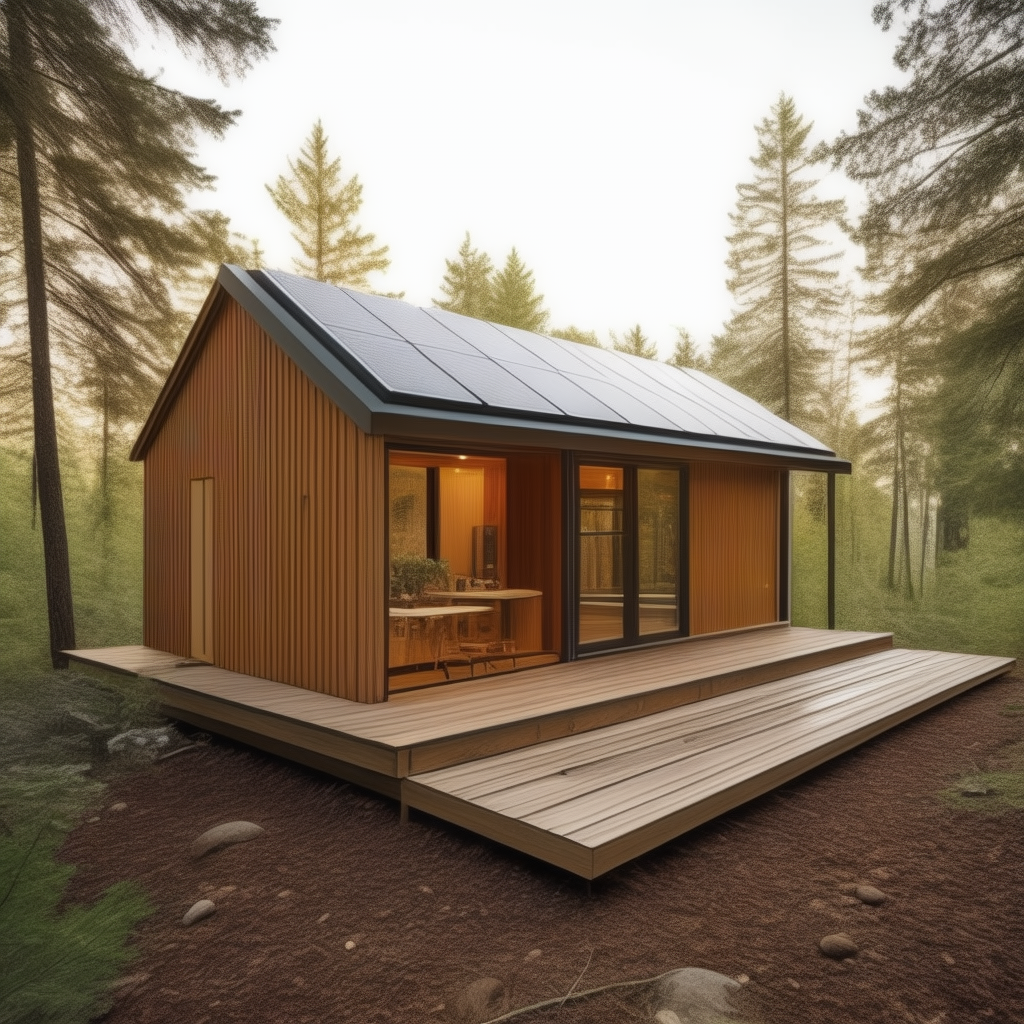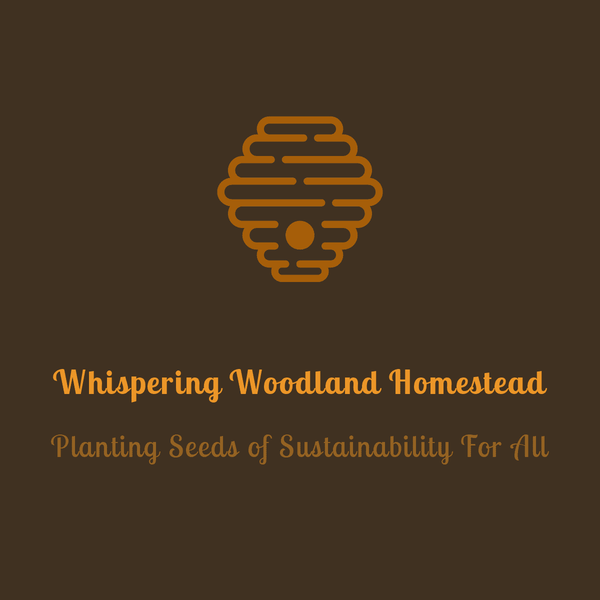
Homesteading & Sustainability
Homesteading, also known as self-sufficient living, is a lifestyle that has been gaining popularity in recent years. It involves living off the land and being self-sufficient in terms of food, water, and energy. Homesteading is not only beneficial for individuals and families, but it also helps the environment through sustainable living practices. In this blog, we will discuss how and why homesteading helps the environment.
One of the most significant benefits of homesteading is its focus on sustainable living. Homesteaders aim to reduce their environmental impact by using resources efficiently and minimizing waste. By living off the land, homesteaders can reduce their reliance on fossil fuels and other non-renewable resources, which are major contributors to climate change. By growing their food, homesteaders can reduce their carbon footprint by avoiding the transportation and packaging of food from distant locations.
Another benefit of homesteading is the use of renewable energy sources. Homesteaders often utilize solar panels, wind turbines, and other renewable energy sources to power their homes and farms. By using renewable energy, homesteaders reduce their reliance on fossil fuels and help to mitigate the effects of climate change.
Homesteading also encourages conservation and preservation of natural resources. Homesteaders prioritize the protection of soil, water, and biodiversity. By practicing sustainable agriculture and organic farming methods, they can preserve the health of the soil and prevent erosion. Homesteaders also prioritize water conservation by using rainwater harvesting systems and other techniques to reduce water waste.
In addition to environmental benefits, homesteading also promotes self-sufficiency and resilience. Homesteaders are less vulnerable to food shortages, energy crises, and other disruptions that can occur in modern society. By producing their food, homesteaders can ensure that they have access to fresh and healthy food, even during times of scarcity.
In conclusion, homesteading is an excellent way to live sustainably and reduce our environmental impact. By living off the land, using renewable energy, and prioritizing conservation, homesteaders can help mitigate the effects of climate change and preserve natural resources. Homesteading also promotes self-sufficiency and resilience, which are valuable qualities in today's uncertain world.
